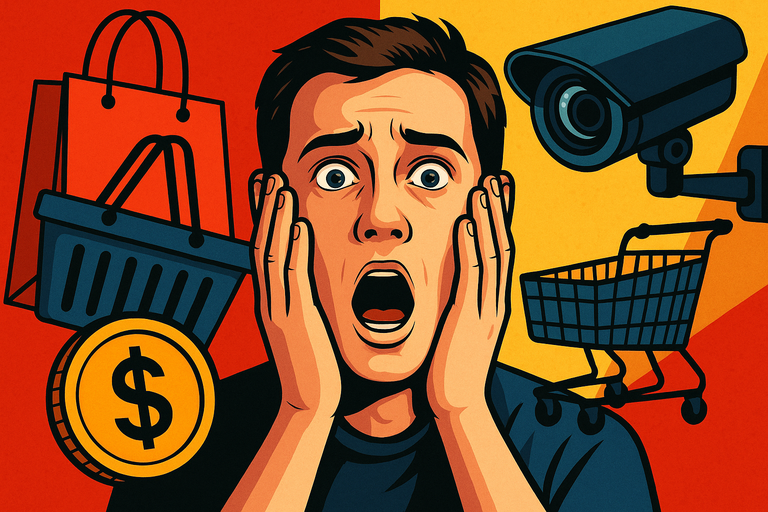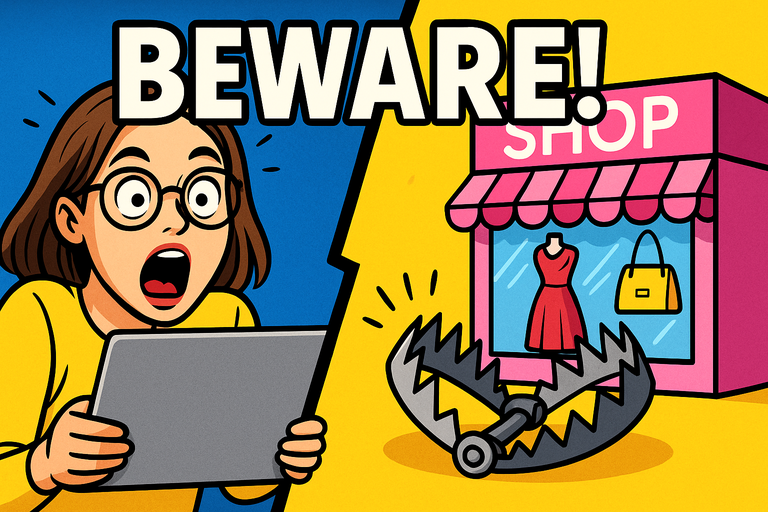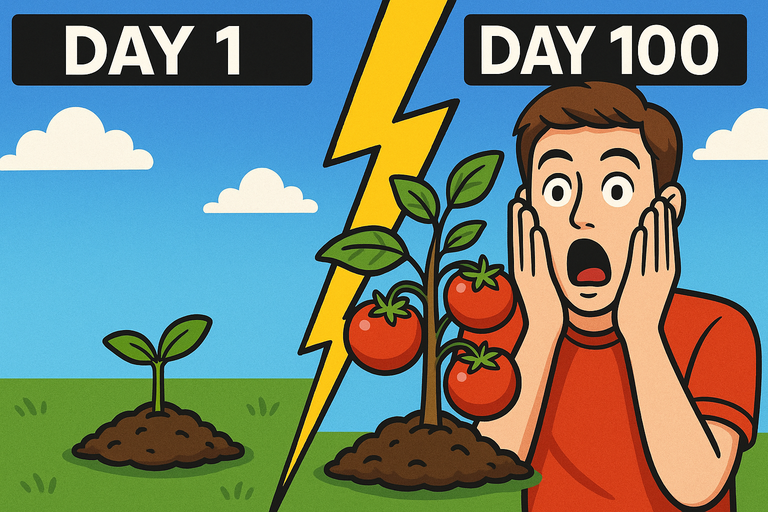
Ever paused mid-scroll and thought: ‘Wait…who’s watching me shop?’
If you’re anything like me, online shopping has become so smooth and personalized that I barely blink before clicking "Add to Cart." But after reading this game-changing Wired article, I realized there’s a lot more beneath the glossy surface of those shopping tools we rely on…including some major privacy concerns you might not even know are there.
The Shiny Side of Visual Shopping (And Its Dark Underbelly)
Let's get real: Visual tools are revolutionizing how we shop. Whether we're virtually "trying on" sunglasses or seeing if that neon sofa will match our living room, these tools make shopping deeply personal and—let's be honest—way more fun.
But here's the kicker: many of these features collect and process more data than you’d expect. And with U.S. privacy laws shifting and Big Tech making newsworthy (okay, worrying) policy changes—as Wired points out—our once-beloved browser extensions and shopping aids might be quietly tracking more than our latest shoe obsessions.
So, what’s the trade-off?
- We get user-friendly previews and handy recommendations.
- Tech companies get a goldmine of our browsing habits, visual data, and purchase intentions.
Is It Paranoia If They're Actually Watching?
Let’s be honest, the recent surge in privacy-first solutions isn’t just a trend—it’s a necessity. The Wired piece dives into how more people are migrating their digital lives abroad to escape U.S. data harvesting, opting for encrypted email, alternative browsers, and search engines that don’t double as surveillance tools.
It got me thinking: How much privacy am I trading for those slick Amazon previews or easy-to-use extensions?
The Visual Shopping Dilemma: Fun vs. Fort Knox
Don’t get me wrong; I love seeing myself in a new jacket before buying. But the bigger question is—can we enjoy these futuristic tools without opening our digital lives to anyone with a data-mining script?
I started combing through the Chrome Web Store for tools that offer both wow-factor AND respect for my privacy. Trust me, it’s a shorter list than you’d hope.
Meet the New Wave: Visual Shopping That Doesn’t Snoop
This is where it gets interesting. Some companies are bucking the trend and finding ways to offer personalization without gobbling up extra data.
Take XP9’s Chrome extension, for example. It’s a simple, user-friendly tool that lets you control the experience. You upload your own image, visualize how you’d look with or in a product on Amazon—all without needing a computer science degree or giving away your social security number in the process.
Why does this matter?
- No Hidden Data Harvesting: XP9 designs its tool to enhance your experience, not secretly build a dossier on your shopping habits.
- Minimal Permissions: The extension only asks for the basics, so you’re not handing over the keys to your entire browsing history.
- True Customization: The preview feature is genuinely customizable—you’re in the driver’s seat, not the algorithm.
This isn’t just a plug—it’s a response to the anxiety so many of us now feel (thanks again, Wired!) about who’s watching as we ‘try on’ products online.
How Can You Shop Safer (Without Losing the Fun)?
Here’s what I’ve started doing, and what I recommend to anyone who doesn’t want their visual shopping habit to become a security nightmare:
- Audit Your Extensions: Check what permissions your current visual shopping tools demand. If it feels intrusive, trust your gut.
- Look for Transparency: Choose companies that clearly outline what data they collect (and don’t collect). If their privacy policy is longer than your favorite novel…maybe skip.
- Experiment with Safer Alternatives: Extensions like XP9 offer a balance—slick features, minimal data exposure. There are privacy-respecting options out there, but you have to dig.
- Stay Informed: Keep an eye on privacy news. As the Wired article reveals, what’s private today might be fair game for Big Tech tomorrow.
The Takeaway: Your Cart, Your Rules
As we step into a tech landscape shaped by shifting politics and corporate priorities, we can’t just trust that fun, futuristic tools are always harmless.
You deserve personalization and safety. You can have both, but it means being just a little pickier about the tools we let into our browsers.
If you’re ready to see the future of shopping—without sacrificing your privacy—start by checking out user-focused visual tools like XP9, and always ask yourself: "Am I paying for convenience with my data?"
What’s your experience? Ever had a creepy ad pop up after using a ‘helpful’ Chrome extension? Or found a tool that totally respects your privacy? Let’s hear your stories in the comments—let’s shop smarter, together.


